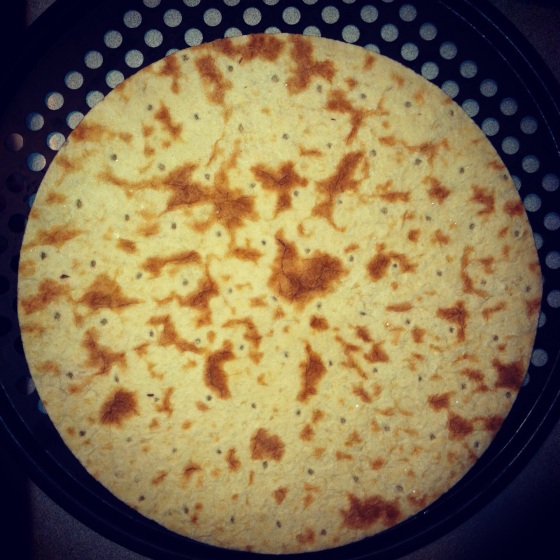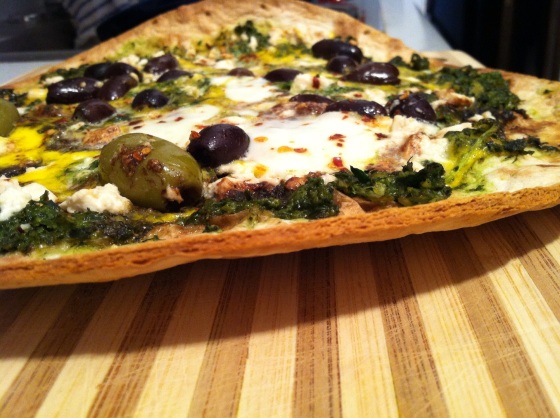
Sustainability – n: of, relating to, or being a method of harvesting or using a resource so that the resource is not depleted or permanently damaged. The word is heard often in today’s society when discussing the current food movement that brings farmers and food producers together with consumers and restaurants. The societal movement behind food has a focus on living sustainably. But, what does sustainability really mean? The amount of times ‘sustainability’ is used when discussing food in certain circles makes it seem like a well-known adjective, noun, or verb, but not many really understand its cultural connection and deep roots. Perhaps it is worth while to take a moment and really look into what sustainability means, and how it impacts our food system.
Slow Food – n: food that is prepared with care, using high quality local and seasonal ingredients. Slow Food has grown throughout international communities to uphold the definition above. ‘Slow Food’ incorporates the idea of creating wholesome good meals that stem from pure ingredients that are locally sourced. The people behind a food movement like this enjoy the culture that is deeply associated with Slow Food and work as activists behind such a cause, WOOFing, AmeriCorps, Food Corps, Peace Corps and student organizations alike all follow the same ideas and build on the idea of being sustainable. These organizations, along with Slow Food chapters across the United States are working to develop practices that lead to a healthier and more sustainable world. They all dedicate their work towards agricultural maintenance and preservation of the food system and they each have an educational component as well.

The University of Wisconsin at Madison is one of the first higher education institutions to join the push for better food with their campus Slow Food chapter, Slow Food UW. Here a group of energetic and passionate students are striving to bring locally sourced food to the 50,000 plus students and professors that roam campus. There are five separate projects, each geared toward different missions, they range from volunteer work with the local Boys and Girls club, to cooking demos in the freshman dorms, to weekly dinners and café lunches.
Along with Slow Food UW, F.H. King Student Farm holds a strong presence on the campus with their community farm on the far end of campus. Their offering, Harvest Handouts provides free produce in the heart of the U.W. Madison campus every Friday afternoon. The students behind F.H. King follow the goals and dreams of agricultural god, Franklin Hiram King himself. This group of students honor F.H. King’s research and theories behind community supported agricultural systems.

These two organizations affords students the opportunity to uphold the deep roots of sustainability while having an irreplaceable experience and making real connections. Two recent graduates from the University of Wisconsin traded their books in for a handful of farming tools and came together to put all their advocacy work to good use. They stopped talking about how our food system should change and got their hands dirty. Brian Schneider and Darin Ripp of Slow Food UW and F.H. King respectively, are the proud owners of The First Acre Farm, a vegetable garden that resides on just about one acre of the Fountain Prairie Farm land.






The First Acre Farm is a few months into their first growing season and their produce is making its way through Madison and the Wisconsin farmers markets. At the beginning of August, after a few weeks of no rain they were able to offer a variety of kale, swiss chard, an variety of herbs, watermelon and cucumbers, and much more is on the way, their list of produce includes roughly 40 different organic fruits and vegetables.
These two young men want to make an impact on the food system and offer a food product that they believe in and that they would be proud to consume. They are using the educational knowledge and life experiences gained thus far on their organic farm and they farm with environmentally sound and sustainable practices. The American Meat documentary claims that there is a need for 4 million people to start farming sustainably so we can make a real difference and reverse the damage done on our food system by corporate commodity farmers. This means there is a strong push for young farmers to pick up a hoe and start combing through the dirt. Brian and Darin are helping to reduce the deficit by opening The First Acre Farm. They’re incorporating organic, sustainable farming practices on their farm.

Brian and Darin are living sustainably and sharing the fruits of their labor with their friends, family and their growing customer base. They are taking it one step at a time and they’re doing whatever they can to support a vibrant and healthy food system. Sustainability can be daunting for just one person but choosing to live a certain way in your daily life and sharing that experience with others is the first step to sustainable living. Does creating a sustainable community define the true meaning behind being sustainable, not only understanding what it really means to be sustainable but to actually embrace and engage the community in the practice? Here at U.W. Madison students are getting first hand experience with sustainable living and they’re taking the practices out into the world with them.
All hail sustainability.
—
Amy Verhey
Summer Food Warrior 2012



























